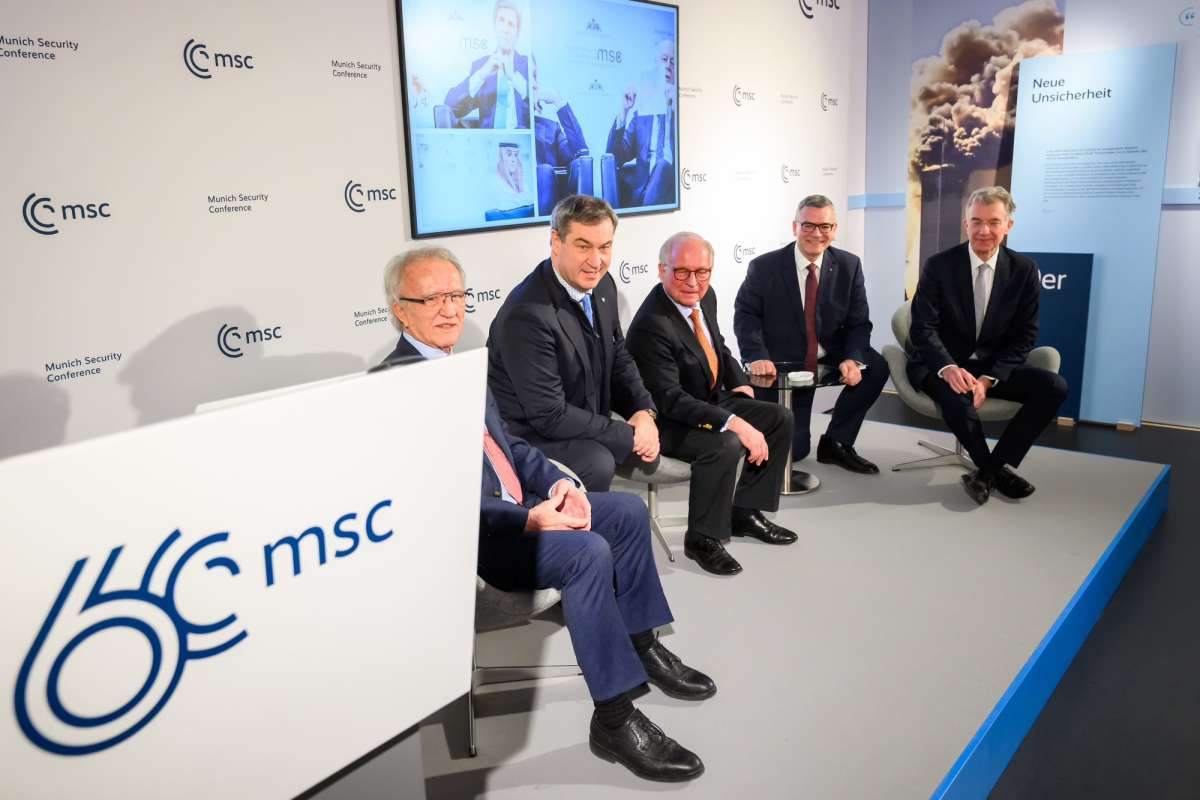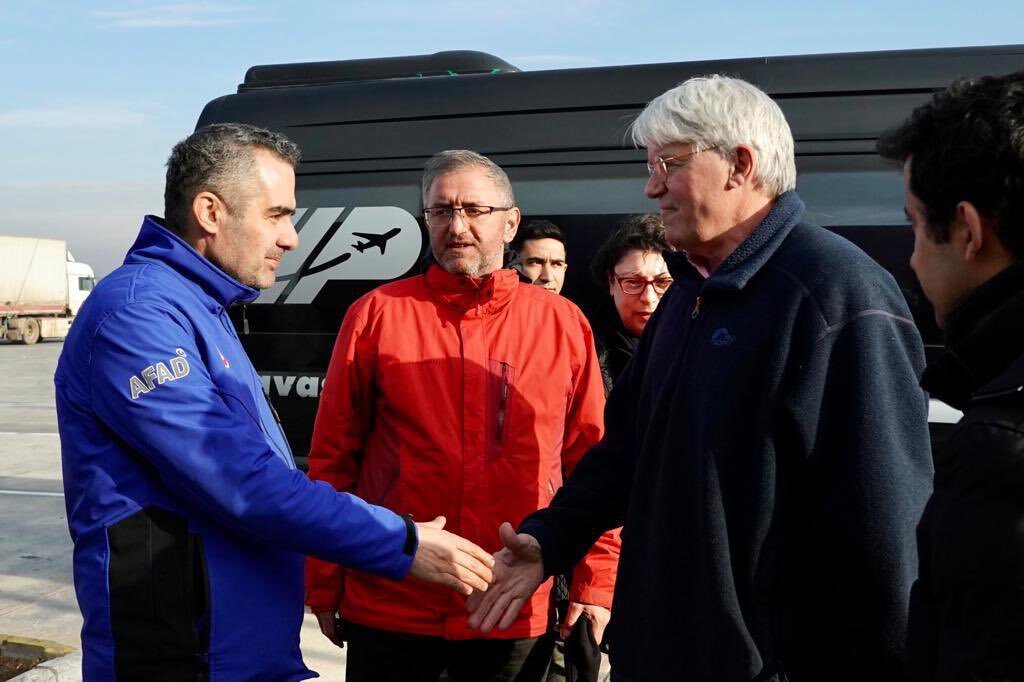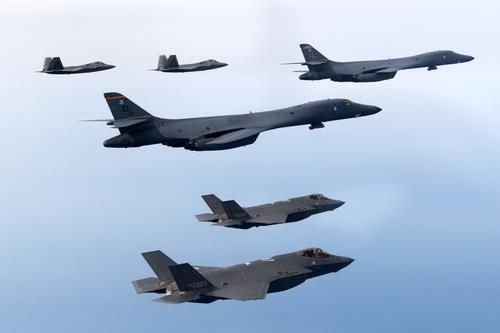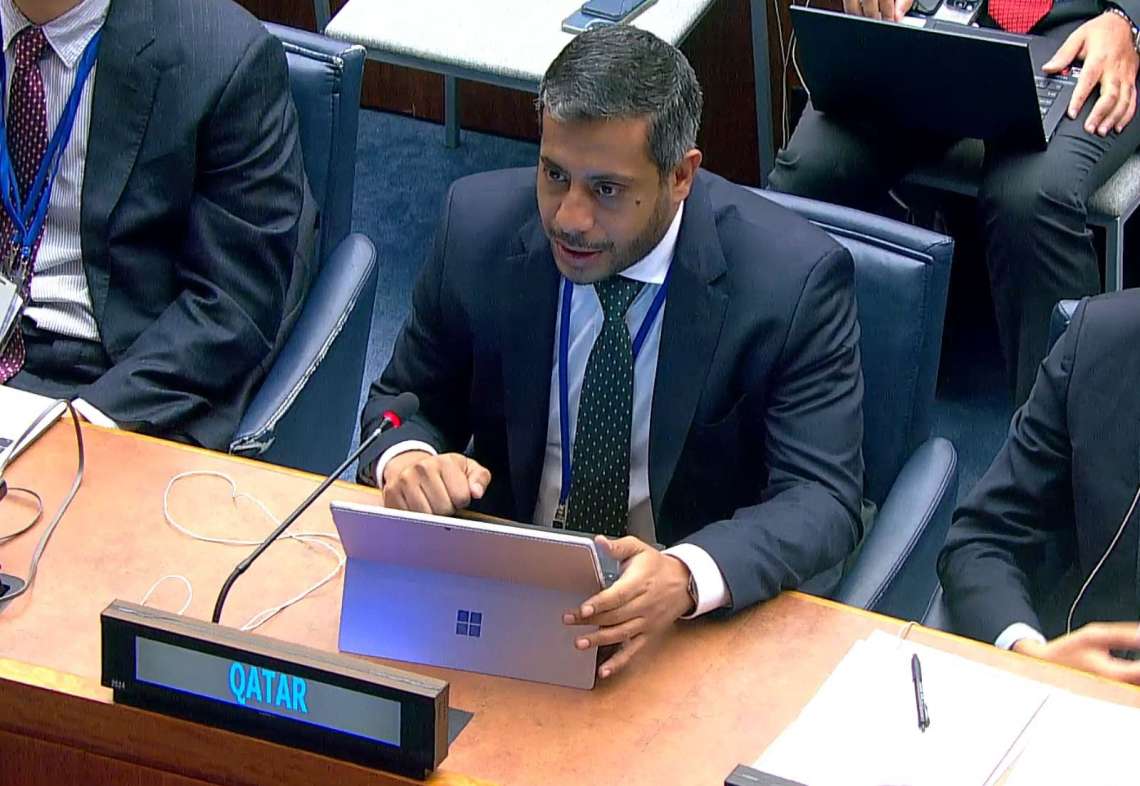The report urged efforts to re-envision the existing global order so that it can win the support of more countries…reports Asian Lite News
The West had heard the complaints from the Global South, Christoph Heusgen, chairman of the 59th Munich Security Conference (MSC), made the remarks closing the meeting on Sunday.
This year, the annual MSC invited a record number of representatives from Asian, African and Latin American countries, aiming to pay extra attention to the problems challenging these countries and their dissatisfaction with the existing global order, said Heusgen.
During the three-day conference, many Western leaders, including French President Emmanuel Macron, acknowledged that the current global order is imbalanced and Western countries are rapidly losing the trust of the Global South.
According to a report released by the MSC before the conference started, many countries of the Global South have so far been confined to the role of “rule-takers” under the existing global order.
The report urged efforts to re-envision the existing global order so that it can win the support of more countries.
Robert Dussey, Togo’s Foreign Minister, told Xinhua that Africa should have their own position and vision.
“We can work with China, with Western people, with everyone,” Dussey said.
Japan, South Korea foreign ministers meet
Japan’s foreign minister Yoshimasa Hayashi met his South Korean counterpart Park Jin and reiterated the need for continued communications between the two countries to return to a “healthy relationship”.
Meeting on the sidelines of the Munich Security Conference, the two foreign ministers agreed to “close communications between the two countries on each diplomatic level to resolve issues of concern”, a statement released by the Japanese foreign ministry said.
They also had a “frank” discussion about wartime labour issues, an issue that worsened relations after a South Korean court ordered the seizure of assets of Japanese companies accused of not compensating some of their colonial-era labourers, the ministry said.
Tokyo says the issue of compensation was settled under a 1965 treaty normalizing diplomatic ties and providing South Korea with economic assistance, and has warned of serious repercussions if the orders are enforced.
Japan is considering easing curbs on shipping high-tech materials, which it imposed in 2019 on South Korea over a dispute about Japan’s wartime forced labour by Korean workers, as the neighbours hold a series of talks aimed at solving the dispute, the Sankei newspaper reported in late January.
ALSO READ-Kevin McCarthy expresses commitment to deepen India-US ties










